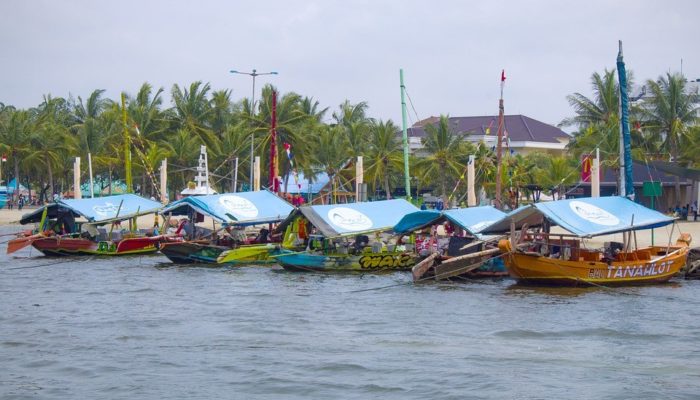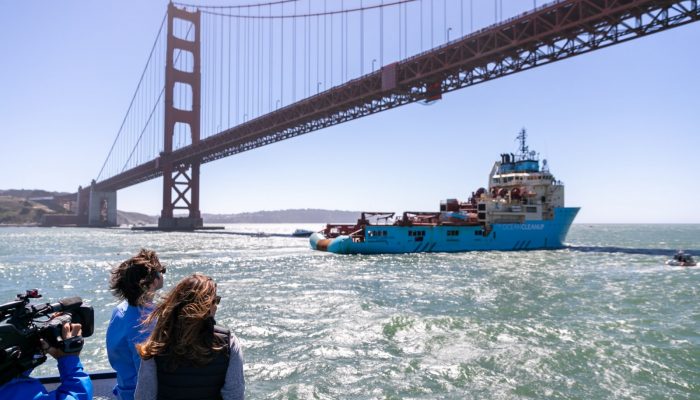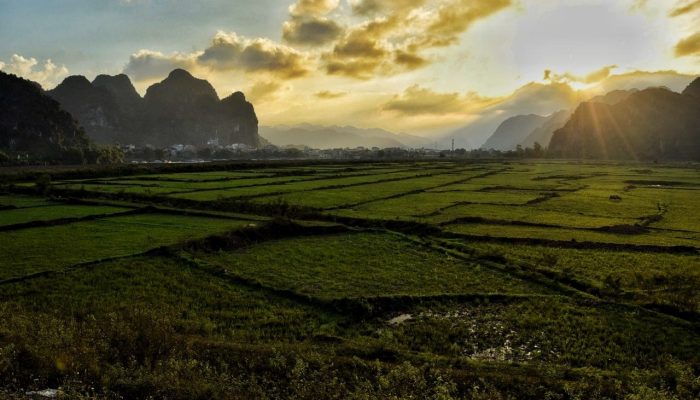What are cities doing to mitigate rising sea-levels? What are the numbers behind the related challenges? In our August ‘Coast’ month, Heather Britton focuses on sea-level rise in the coastal cities of Jakarta, Lagos and London, where barriers and new islands are likely proposed solutions, even if they seem inadequate. [Editor’s note: This post reflects Heather’s personal opinions. These opin ...[Read More]
Flooding in some of the world’s most at-risk cities




